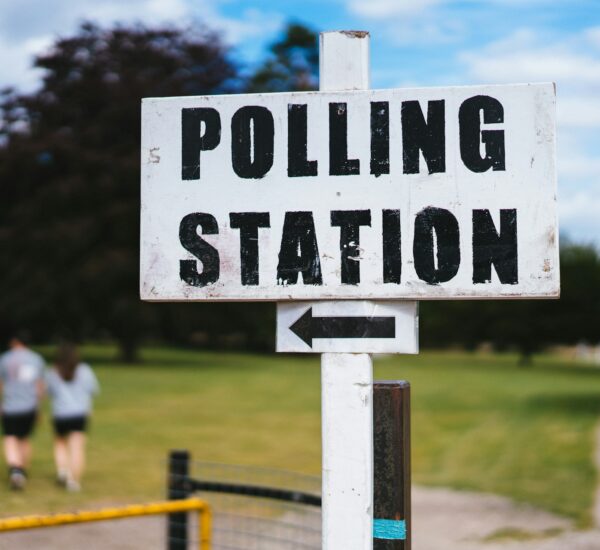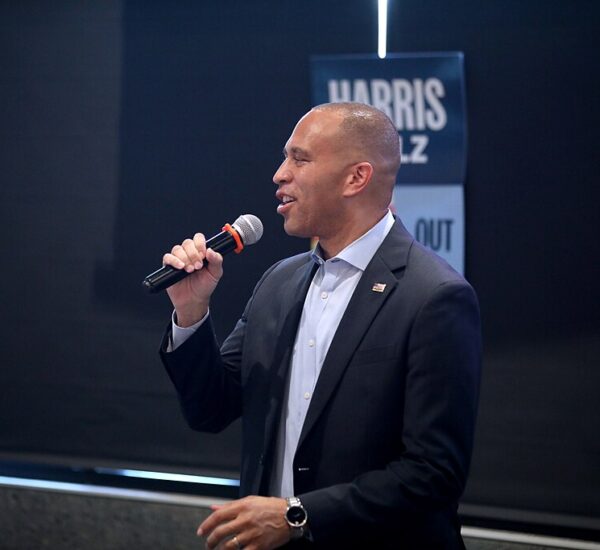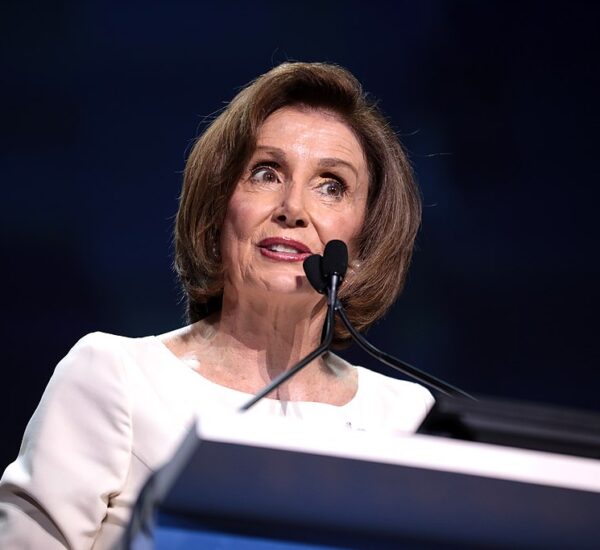Trump Makes Democrats Revolt
Amid growing discontent, Senate Democrats are starting to push back against President Trump’s administration, particularly over a freeze on foreign aid, warning that if Republicans don’t come together with them, there will be consequences.
One of the more vocal critics, Sen. Chris Coons (D-Del.), recently announced his opposition to Rep. Elise Stefanik (R-N.Y.) for U.S. ambassador to the United Nations. Coons, who had initially supported Stefanik’s nomination, reversed his stance after learning of the wide-ranging impact of the freeze on U.S. foreign assistance. He expressed his concern during a Senate Foreign Relations Committee meeting, noting, “I’ve become increasingly alarmed at the scope of the impact on USAID programs worldwide, and I will not support any nominees until this freeze is reversed.”
Despite Coons’ opposition, Stefanik’s nomination moved forward in the committee, with some Democrats still supporting her. However, this marks the latest sign of division among lawmakers, with Democrats attempting to stymie the administration’s broader agenda. Earlier in the week, Democrats successfully blocked a Republican-led bill to sanction the International Criminal Court, and nearly two dozen Democrats voted against Trump’s nominee for Secretary of Transportation, partly due to the foreign aid freeze.
The situation highlights a growing rift within the Senate, where Republicans hold a slim 53-47 majority. While the filibuster remains a key tool for Democrats to block legislation, the party is limited in its ability to derail Trump’s agenda entirely. Even some Republicans have shown unease, with several voicing opposition to the administration’s freeze on federal funding. Last week, Vice President Vance had to break a tie vote for Trump’s pick for Secretary of Defense, Pete Hegseth, after three GOP senators voted against the nominee.
The foreign aid freeze, which temporarily halted funding for a wide range of U.S. global programs, has had significant ramifications. From democratic resilience and anti-corruption efforts to humanitarian assistance and infrastructure projects, the freeze has caused widespread concern across both sides of the aisle. Many view these programs as critical tools in advancing U.S. interests and countering adversaries like China and Russia.
While Secretary of State Marco Rubio recently issued a memo exempting certain types of humanitarian aid from the freeze, there is still uncertainty about the overall impact. Sen. Brian Schatz (D-Hawaii) indicated his frustration, emphasizing that if the situation isn’t quickly resolved, it will damage America’s standing abroad. “We’re talking about lives at stake,” Schatz warned, noting that if foreign aid funding is not restored soon, “babies will be dying by the weekend.”
Sen. Jeanne Shaheen (D-N.H.) also expressed frustration, arguing that the freeze was being used as a political tool and accusing the administration of trying to make the issue partisan. “This is not about Democrats versus Republicans,” she said, stressing that the freeze jeopardizes U.S. influence around the world.
Even some Republicans have been hesitant to fully support the freeze, acknowledging the inconvenience it has caused. Sen. Jim Risch (R-Idaho), though still backing the freeze, conceded that certain programs were being affected and expressed hope that a solution would soon be found.
Ultimately, the foreign aid freeze has exposed a deep divide in Washington, with both Democrats and Republicans recognizing the importance of maintaining America’s soft power abroad. The challenge moving forward will be finding a way to balance fiscal conservatism with the necessity of maintaining U.S. leadership on the global stage.






